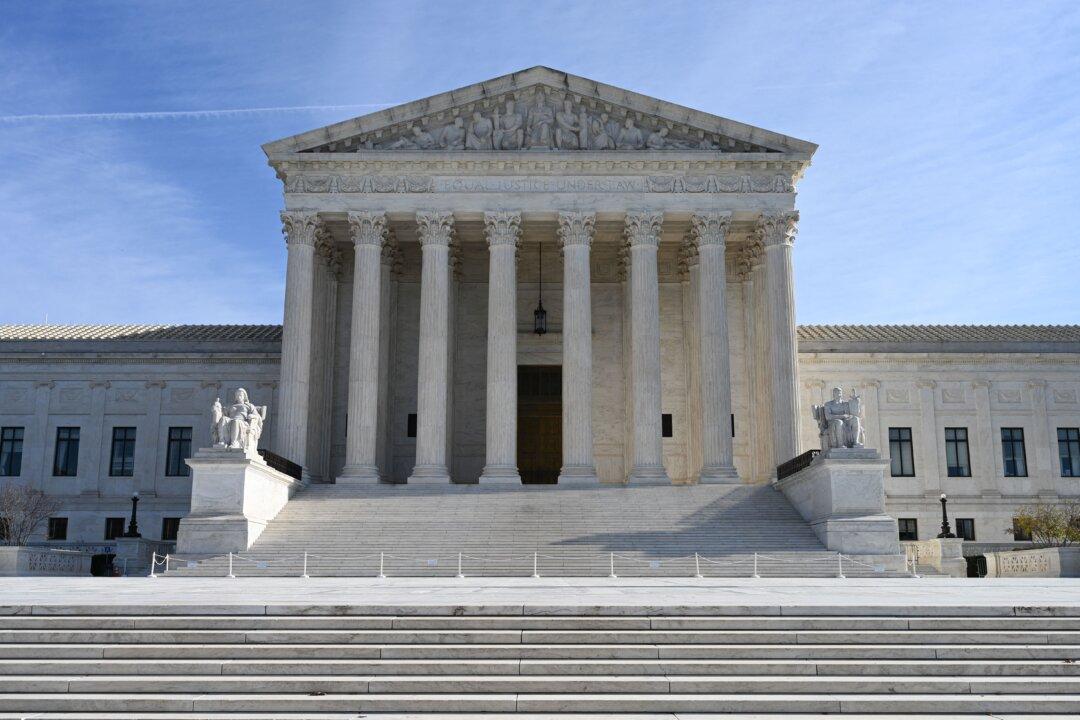The Supreme Court agreed on Dec. 9 to hear the appeal of a California man convicted of facilitating illegal immigration by promising would-be immigrants they could remain in the United States permanently if they enrolled in a non-existent “adult adoption” program.
The man’s lawyers say the conviction should be overturned because he was engaged in free speech protected by the First Amendment to the U.S. Constitution.





